Reverse Logistics
As every eCommerce brand knows, secure supply chain management is vital to their business. Over the past few years, partnerships between online sellers and 3pls have proved an effective way to strengthen supply chain stability. The resource and infrastructure provided by fulfilment specialists insulates brands from market shocks, facilitates scaling for fast growing online businesses, and introduces effective strategies for future growth.
The growing reliance of eCommerce upon third-party providers for order fulfilment is widely acknowledged. Less attention, however, has been paid to supply chains travelling in the opposite direction, otherwise known as reverse logistics. Fulfilment specialists working in partnership with online sellers are, however, focused on the need to provide maximum value for their clients, whether the supply chain is moving forward, or in the reverse direction.
What is Reverse Logistics?
The term ‘reverse logistics’ – at its most basic – refers to the retrieval of products from their ‘destination’, in order that they can be returned to source. This is a journey that mirrors, in reverse, the progress from supplier to customer. In the context of eCommerce retail, though, the model of the reverse supply chain has evolved to be slightly different.
Fulfilment providers not only move goods from their final destination (the customer) back to the seller; they integrate a series of ‘value-added services’ into the journey:
- The capture of available value
- Initiation and consolidation of brand loyalty
- Proper disposal of waste in alignment with Net Zero goals
- Extraction of data for the enhancement of supply chain processes
Reverse logistics, then, is not simply the retrieval of ‘waste’ items; it is an opportunity for 3pls to extract value from a process that would otherwise have generated cost, rather than income.
The Reverse Logistics Model
For consumers, returns are now a major component of the online shopping experience. In 2021 the average eCommerce return rate was 16%, a leap of 6% in just two years. The sectors that bear the greatest burden of those returns are fashion, housewares and home improvement. 80% of consumers say that easy or frictionless returns are the most important factor when deciding which brand to buy from.
Many eCommerce brands admit that they struggle to manage their returns effectively. For this reason, a growing number of them are passing the task on to their fulfilment partners who have the technology and infrastructure to provide the process as a value-add. The standard reverse logistics model runs like this:

The Value of Repurposed Returns
The success of reverse logistics is founded on the range of options available for the items that are returned. These are often referred to as the ‘5 R’s’:
- Resell/New. Goods are repackaged, refolded (if necessary), and quality checked before being returned to good stock for resale.
- Resell/Returned. If the item cannot be sold as new, it may be included in ‘sale’ items, sold to ‘jobbers’, or donated.
- Repair. Many fulfilment specialists have an in-house repairs team who will make good an item to be sold as new, or graded for resale.
- Recycle. Goods that cannot be resold, are recycled. Where the packaging, or components don’t allow for this they may be sent to be turned into usable sources of energy.
- Refurbish. Many return items are reworked and sent out as part of a promotion, or as one component in a bundle of goods.

Why is Reverse Logistics Important to Your Business?
Gartner describe a ‘circular economy’ as one which:
“…separates the ability to achieve economic growth from the consumption of natural resources. Those business models encourage continuous reuse of materials to minimize waste and the demand for additional natural resource consumption. The circular economy starts with good design, with end of life and raw material reuse in mind.”
The closed-loop supply chain, utilising both forward and reverse logistics exemplifies this process. Online brands and their fulfilment partners benefit from a sustainable practice which turns potential waste into realised and realisable value.
Could Your Brand Benefit From Third Party Management of Reverse Logistics?
If you’re an eCommerce brand that is considering outsourcing your returns (including reverse logistics), we would love to talk to you. Prolog has a long-established fulfilment centre, located in the heart of the UK, with flexible warehousing and a trained, highly motivated workforce. Most important, we regularly invest in innovative new technologies in order to keep abreast of new developments in eCommerce fulfilment,
We would love to walk you through our fulfilment centre, introduce you to our 3pl team, and talk through what it is you require from a 3pl partner. If you feel that Prolog is the right partner for you, we can proceed at your pace to work with you in making the switch happen seamlessly.
Would you like to find out what makes us different? Call Prolog Fulfilment today on 01623 724000 to speak to a fulfilment expert.







